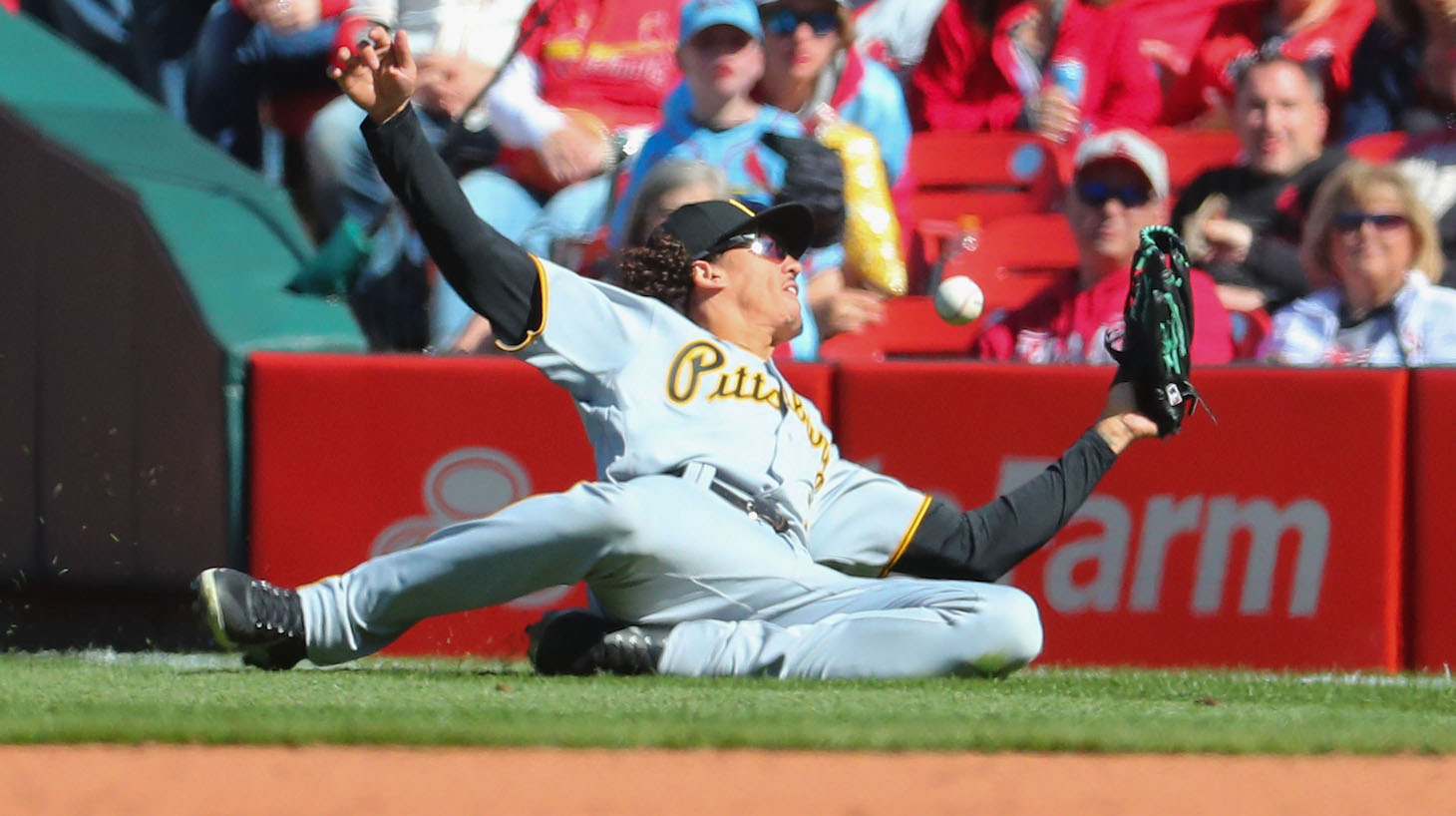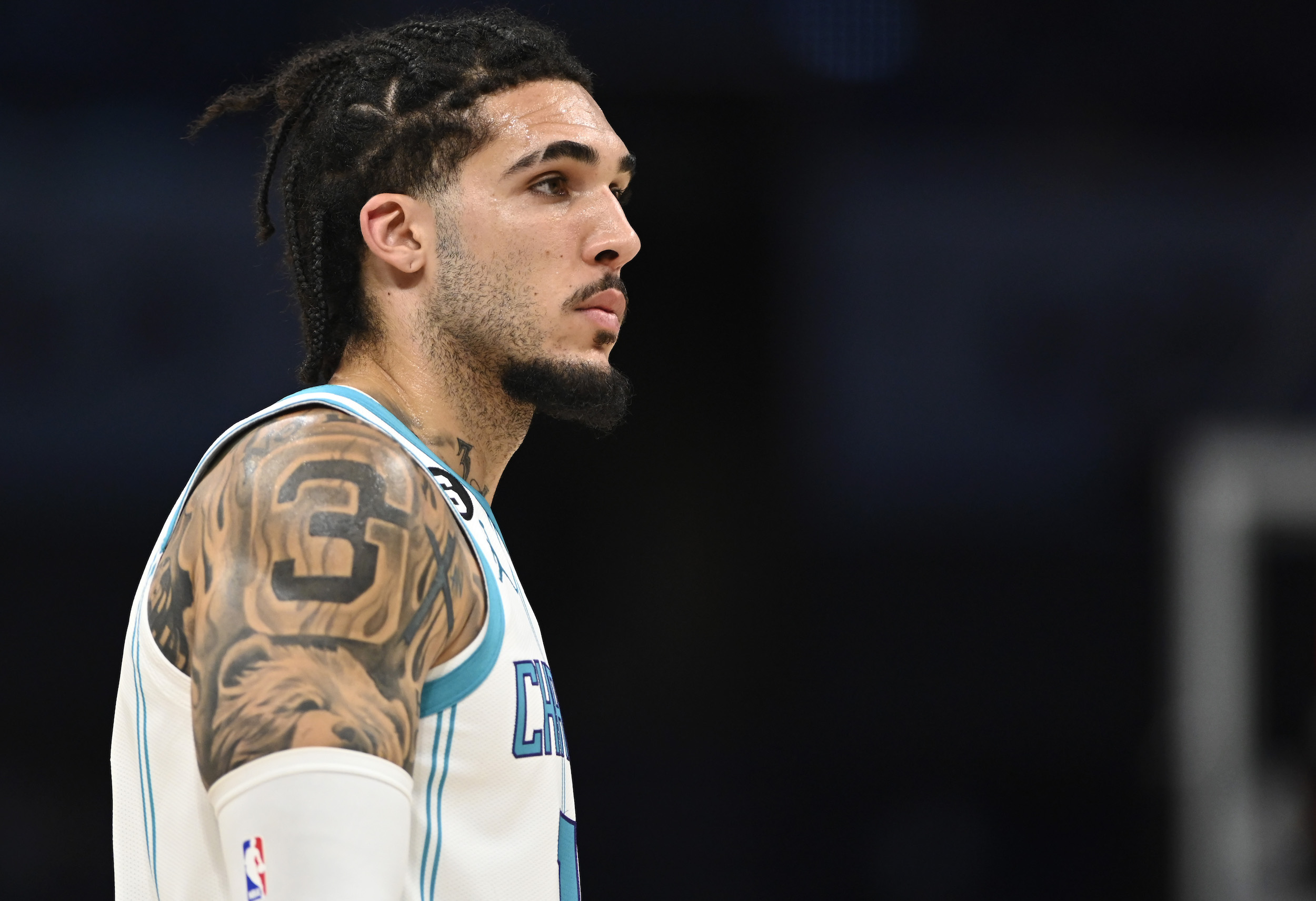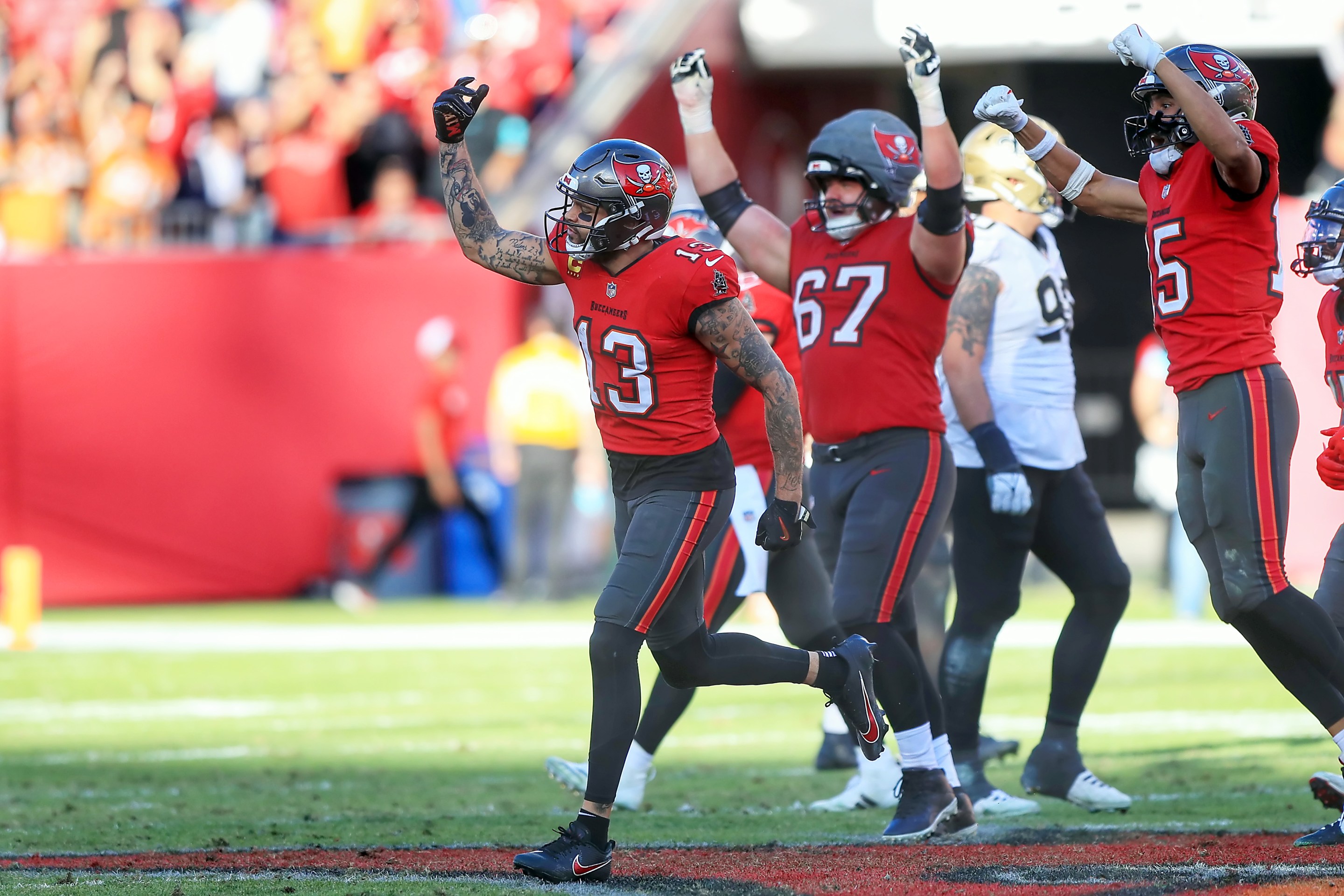It is not good for the brain to cheer for a bad baseball team. There is little to recommend about the experience of looking up sometime in September to find that the days are once again growing shorter and colder, and also that you have spent some percentage of the last few months of your life not just watching relief pitchers whose names normal people will never learn perspire heavily while giving up doubles, but also talking yourself into ways that these pitchers might someday stop doing that, or ranking them in your head from most to least likely to do that, or deciding that one or the other of them might be ready for high-leverage work. That time is not so much wasted as it is strangely spent; while it might feel, at the end of a 102-loss season, as if it would have been better or just less upsetting to have spent the last few months painting dollhouse miniatures, there is also the question of where all those miniatures would go. A pet could swallow one; you might step on one in the night on your half-asleep way to the bathroom. At least the enervating, useless clutter of mentally rearranging a busted bullpen for maximum effectiveness has the decency to stay in your head.
But the part of this that truly sucks is not the futile attempt to feng shui the janky deck chairs on a rapidly tilting cruise ship, which is just normal fan stuff. More than that, it's what a fan is supposed to do insofar as it involves taking the situation they've been handed by the powerful and generally pretty craven people sitting atop that situation, and then trying to make the best of it with the nonexistent agency and leverage that fans have. It is not ideal that everything about being alive in the United States at this moment is at least a little bit like this, but let's stick to the Pittsburgh Pirates.
So, about the Pirates: It's not great. It has been not great for some time, and very much by design. The Pirates are, as they have been for several years, among the 20 or so percent of big-league teams that are actively not trying to win games. Only the Orioles are rebuilding along a similarly open-ended timetable, and Baltimore's is so open-ended that it is still not clear whether they have identified a moment at which they will begin to try, although that moment seems far enough away that they are already selling off the bargain-priced contributors they successfully pulled off the curb for prospects and picks that might, at some point in the future, become just as valuable. The Orioles comp is not one that any team would seek, but it's instructive in this case, if only because of how the abject and intentional shittiness of the big-league team that the organization puts on the field every game forces a strange and specific kind of abstraction on that team's fans.
Once you, as a fan, have accepted that the team you care about—and which you, as a fan, will be watching on TV most nights and paying to see in person on at least a few others—is not trying to do what it is supposed to do, this otherwise normal transaction gets complicated. When you don't want your team to win its games, what is it that you, as a fan, actually want?
Tanking is what it is, and the ways in which it is objectionable and cynical and otherwise wack are a matter of fact to anyone who follows any sport. The extravagance and flamboyance with which MLB teams were not trying to win was a big part of the dispute between ownership and the union that led to the lockout. There isn't much of a binary here, when it comes down to it—because of how the baseball business works, MLB teams are very valuable, and also do not have to do or spend very much to be extremely profitable. A team like the Pirates might make a little more money in a few ways—at the gate, or in terms of merchandise or concessions or parking—if they were a better baseball team, but given the way that baseball's economy works none of that is mandatory.
The team's TV deal guarantees tens of millions of dollars in revenue every year regardless of how many people watch, and the league kicks in money from its national TV deal, and also through the revenue-sharing mechanism that moves money from teams that spend more to teams that spend less. That money is then supposed to be used on making those teams better, but generally isn't. If the broader structure of things guarantees that an organization is going to make money regardless of how the team does, it both explains why MLB franchises are so valuable, and how owners like Pittsburgh's Bob Nutting can get away with being so belligerently and shamelessly cheap.
On Sunday, the Pittsburgh Post-Gazette ran a story that showed the Pirates' big-league payroll tracking very closely with the revenues generated by the team's ticket and concession sales. The story was made available through some smart and persistent reporting. The Pirates, like every MLB team but the Braves, do not have to open their books to public scrutiny. But the Post-Gazette filed a FOIA request and got access to the revenue generated by ticket sales and concessions at PNC Park, which was built with public money and is operated by the Sports & Exhibition Authority of Pittsburgh and Allegheny County. The Pirates fought the request for two years.
It is easy to see why they fought so hard—it turned out that the team's reliably low Major League payroll tracked uncannily with the amount of money coming in through those retail channels. Given that the team is currently making at least $100 million in television money alone, this suggests that a lot of money that could have been spent on the team has been spent ... in some other way, or just not spent at all. Even after signing Ke'Bryan Hayes to an eight-year, $70 million contract last week—that deal, a leverage play that effectively bought out Hayes's arbitration years, was the richest contract in franchise history, edging out the one to which the team signed catcher Jason Kendall in November of 2000—the Pirates' payroll is half that of any other team in the NL Central.
"In order to put it all into perspective, you need to consider the level of player contracts and expenses in supporting the large number of major and minor league players, which are more than any other sport," Pirates president Travis Williams told the Post-Gazette in a statement. "With that comes large coaching and support staffs to support the Major League team, as well as the six levels of player development with eight full rosters of players." This is indeed a powerful point, provided you don't think about how the teams the Pirates compete against also spend money on the exact same stuff, and potentially more.
If it is not quite as simple as the arithmetic makes it look, it is not really very complicated, either. A county executive who supported the plan to finance the construction of PNC Park told the Post-Gazette that it was "implied" that the team would use the money from the ballpark to put a competitive team on the field. "They have the best baseball park in the nation," he said. "We made it possible so that it could be built, and they haven’t lived up to their commitment at all." Another way of looking at it is that they have lived up to it in the letter of that agreement, if not the spirit—the Pirates have used only the money they've made at the ballpark they were given by taxpayers to build those teams, and nothing more. It hasn't really worked out for any stakeholder beyond the team's billionaire owner, and is counter to both the spirit and the law of the game; the MLBPA's grievance against the Pirates for just this kind of thing is still active. There is also no reason to believe that any of it is going to change.
And so we're back to the expectation part. The Pirates, like the Orioles, have recently been both extremely bad and subjectively pretty tightly run. In both cases, a well-credentialed general manager has swapped present big-league talent for developmental assets, and trusted that the team's system of scouts and coaches will even things out in time. If anything, the Pirates seem a bit closer to committing to Trying To Try than the ultra-abstracted Orioles, although this is a low bar. In both cases, both local media and some portion of the team's fan base appears willing to ride along with it; Pirates shortstop prospect Oneil Cruz slugged his way to the majors last fall and was arguably the best hitter in baseball in spring training, but when the team sent him down before Opening Day to game his service time, some local media argued that it was simply smart baseball strategy, given that the team isn't really trying or spending yet.
In a sense, this doesn't really matter; the Pirates are bad in a way that insured this season would be meaningless long before it began. But at some point, once another year of service time has been locked in under the new CBA, Cruz will join Hayes to form a very exciting left side of the infield. If the Pirates choose to sign star outfielder Bryan Reynolds, whom they acquired in the deal that sent former cornerstone Andrew McCutchen to San Francisco on the eve of his free agency, they'll have a very promising and not terribly expensive young offensive core in place, with more help percolating up through the system. GM Ben Cherington has, in a way that his predecessors mostly did not, succeeded in adding promising young talent in the deals that he has made sending the team's best players to teams trying to win.
But winning trades is not the same thing as winning games. At a point of sufficient remove—at the point where the gauzy concept of process fully supplants anything more readily quantifiable—they can seem very different. Cherington's deals are smart, but modest in ways that are worrying in how they hint at ownership's limitations. There is enough here, if not quite on the big league roster, then in the farm system and the front office alike, for Pirates fans to dream reasonable dreams."What I want is: to be the Brewers," the Pirates blogger @whygavs (it's an abbreviation for Where Have You Gone Andy Van Slyke) posted, "just, to not take an entire half decade to hollow out the entire system to try and contend for 2-3 years and then not contend for 2-3 more."
And now we are back to the really bleak part of caring about a team that doesn't care, which is the hollowed-out complicity it forces upon those who persist in caring. The organization does not want to win, but the people that care about it do. Those fans could take their team up on its increasingly flagrant dare and stop caring, but they could also adopt the perspective, which is not limited to baseball, that conflates a certain well-credentialed administrative cynicism and technocratic savvy with actual foresight, and sign on for whatever plan is or isn't in place, for as long as that plan is operative, or just legible.
Neither is a great deal. It is not much fun to parse and puzzle over and pine for a team that isn't any good, and try to imagine some way that they might become better. But when the alternative is looking at a team that plainly plans to lose, and won't deign to tell you when or why or how it eventually plans to win, and then trying to justify why they're right to do all that—even the most thwarted fan fantasy seems pretty good. At some point, it is better to lose furious and dreaming than it is to just go on happily capitulating, if only as a matter of self-respect.





